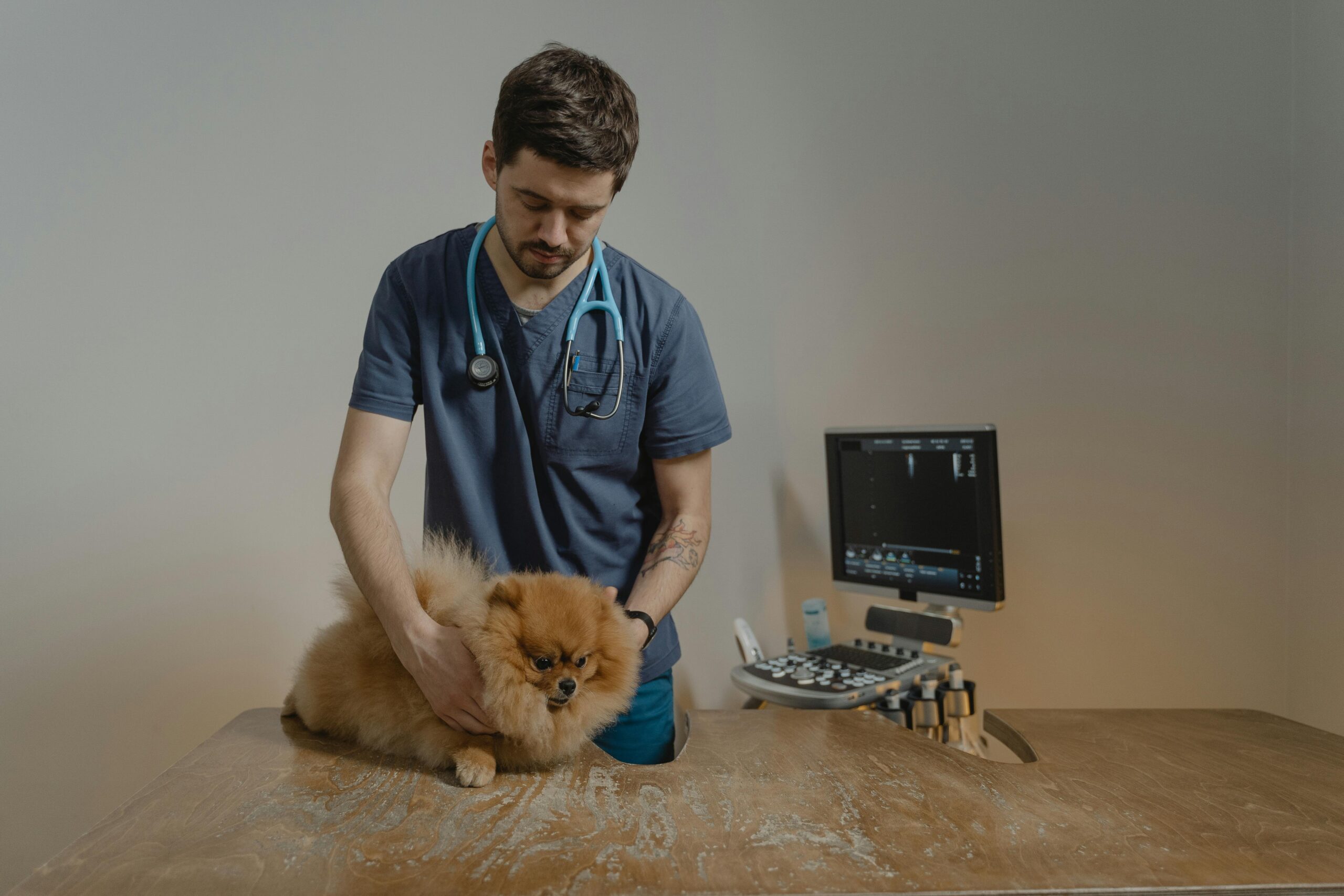The Veterinary Technician National Examination (VTNE) is a crucial step for aspiring veterinary technicians. With the right preparation and mindset, you can pass this challenging exam and move forward in your veterinary career. Here are some top tips for Passing the VTNE to help you succeed:
1. Understand the Exam Format
Before diving into your study materials, take the time to familiarize yourself with the VTNE format. The exam consists of 170 multiple-choice questions, of which 150 are scored, and the remaining 20 are pilot questions that are not scored. You’ll have 3 hours to complete the exam. Knowing the structure will help you manage your time effectively during the test.
2. Create a Study Schedule
A well-structured study schedule is essential for effective preparation. Break down your study material into manageable sections and allocate specific times for each topic. Stick to your schedule and make sure to cover all the domains, including:
- Pharmacy and Pharmacology
- Surgical Nursing
- Dentistry
- Laboratory Procedures
- Animal Care and Nursing
- Diagnostic Imaging
- Anesthesia
- Emergency Medicine/Critical Care
- Pain Management/Analgesia
- Laboratory Animal Procedures
3. Use Reliable Study Materials
Invest in reputable study guides and textbooks. Some popular resources include the “Mosby’s Comprehensive Review for Veterinary Technicians” and “McCurnin’s Clinical Textbook for Veterinary Technicians.” Additionally, consider using online resources like VetTechPrep or VTNE practice tests to gauge your knowledge and identify areas that need improvement.
4. Join a Study Group
Studying with peers can be incredibly beneficial. Join a study group or form one with your classmates. This allows you to discuss difficult concepts, share resources, and quiz each other. It can also provide a sense of accountability and motivation.
5. Take Practice Exams
Practice exams are a great way to familiarize yourself with the test format and timing. They can help you identify your strengths and weaknesses. Take as many practice exams as possible, and review the answers thoroughly to understand your mistakes.
6. Focus on Weak Areas
After taking practice exams, pay extra attention to the areas where you scored the lowest. Spend more time reviewing these topics and seek additional resources or help if needed. Strengthening your weak areas will boost your overall confidence and performance.
7. Develop Test-Taking Strategies
Having a strategy for taking the exam can make a significant difference. Read each question carefully, eliminate obviously incorrect answers, and make an educated guess if you’re unsure. Time management is crucial, so keep an eye on the clock and pace yourself.
8. Stay Healthy and Relaxed
Your physical and mental well-being plays a critical role in your exam performance. Ensure you’re getting enough sleep, eating nutritious meals, and taking breaks during your study sessions. On the day of the exam, stay calm and confident. Practice deep breathing or meditation techniques to manage any anxiety.
9. Review the Candidate Handbook
The American Association of Veterinary State Boards (AAVSB) provides a candidate handbook that contains important information about the exam, including policies, procedures, and content outlines. Review this handbook thoroughly to ensure you understand all the requirements and expectations.
10. Seek Support
Don’t hesitate to seek support from your instructors, mentors, or colleagues. They can provide valuable insights, answer your questions, and offer encouragement. Surrounding yourself with a supportive network can make the preparation process less stressful. Our teachers here at OCAVs are here to support you and help you succeed, never hesitate to ask for help!
Preparing for the VTNE requires dedication and hard work, but with these tips, you’ll be well on your way to success. Remember to stay positive and believe in your abilities. Good luck!

